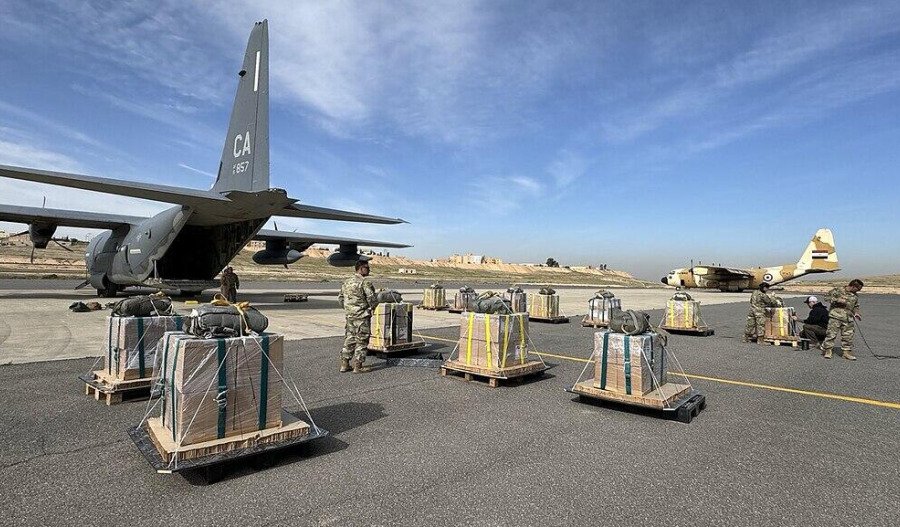Israeli Defense Minister Israel Katz has announced a sweeping plan to relocate Gaza’s entire civilian population — approximately 2.2 million people — into a sealed “humanitarian city” to be constructed on the ruins of Rafah.
The proposed enclave would be managed by unspecified international bodies, not the Israeli military, and residents would be barred from leaving once inside.
Legal experts and human rights organisations, including Human Rights Watch and the United Nations, have condemned the plan as a potential crime against humanity, citing its scale, coercive nature, and the absence of viable alternatives for displaced civilians.
The move follows months of forced evacuations, mass civilian casualties, and the issuance of International Criminal Court arrest warrants for Israeli leaders, including Prime Minister Netanyahu and former Defense Minister Yoav Gallant, over alleged war crimes in Gaza.
Katz (pictured above) has also reiterated his support for the "voluntary emigration” of Palestinians from Gaza, a policy critics argue amounts to ethnic cleansing under international law.
While Israeli officials insist the initiative complies with legal standards, humanitarian groups warn that the destruction of Gaza’s infrastructure and the unlivable conditions on the ground render any such migration inherently coercive.
For global investors, the plan signals escalating geopolitical risk and potential legal exposure for firms operating in or with Israel.
The lack of international consensus, combined with growing scrutiny from international courts and civil society, could impact diplomatic relations, supply chains, and ESG compliance across sectors.



